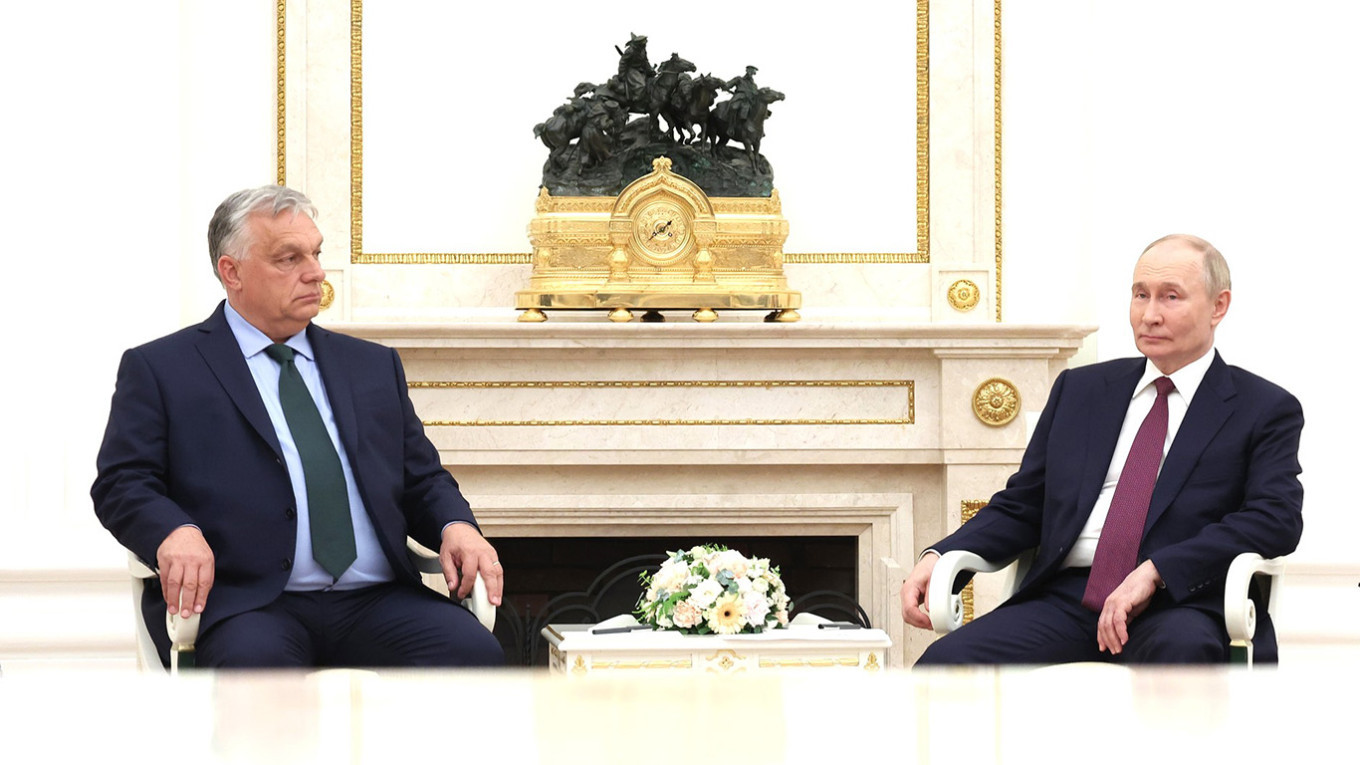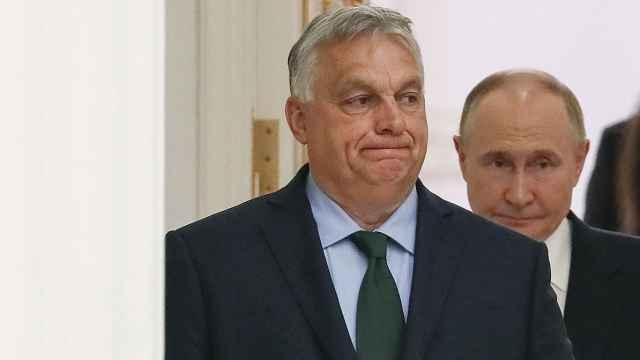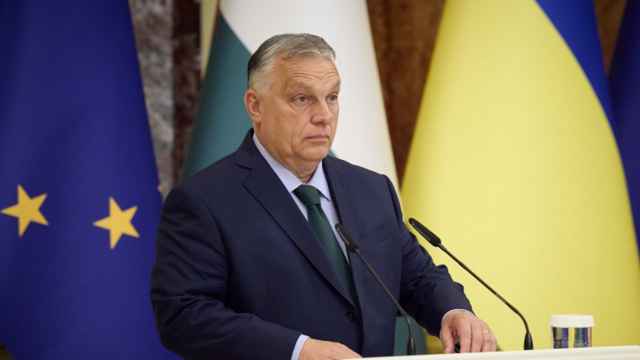The European Parliament's biggest group has expressed concern over espionage risks emanating from Hungary's recent decision to relax visa rules for Russian and Belarusian nationals, according to a letter seen by AFP on Tuesday.
Hungarian Prime Minister Viktor Orban — the only EU leader to have maintained close ties with the Kremlin since Russia launched its full-scale invasion of Ukraine in 2022 — signed a decree earlier this month to extend its fast-track visa scheme to eight countries, including Russia and Belarus.
The immigration program allows citizens from these countries to apply for so-called "national cards" to be able to work in Hungary. Previously, these cards were only available to Ukrainian and Serbian citizens.
"Such a mechanism is highly questionable and raises very serious security concerns," Manfred Weber, chairman of the conservative European People's Party (EPP) wrote in a letter sent to European Council head Charles Michel on Monday.
He argued the new visa rules could create "grave loopholes for espionage activities," warning that the policy could "make it easier for Russians to move around" the EU's borderless Schengen area.
"The lack of a clear need for such a broad and unregulated entry mechanism for Russian and Belarusian workers, combined with the possibility of inadequate security screening poses questions over the consequences for Hungary and the wider Schengen area," Weber added.
The EPP leader urged Michel to "seriously address" the matter and "schedule a proper debate" on it at the next EU Council meeting.
Weber also called on EU leaders to "adopt the most stringent measures to immediately protect the integrity" of Schengen, while "preventing member states from taking similar initiatives."
The European Commission said it would contact Hungary "to clarify the scope of this scheme," a spokesperson told a press briefing on Tuesday.
"Russia is a security threat to the EU, and hence all instruments at Union level, at member state level, need to ensure the safety of the Union and also to take into account the security of the Schengen area as a whole," the spokesperson said.
Orban already enraged fellow EU leaders by jetting to Moscow on July 5 to meet Russian President Vladimir Putin, just days after his country took on the EU's six-month rotating presidency.
A Message from The Moscow Times:
Dear readers,
We are facing unprecedented challenges. Russia's Prosecutor General's Office has designated The Moscow Times as an "undesirable" organization, criminalizing our work and putting our staff at risk of prosecution. This follows our earlier unjust labeling as a "foreign agent."
These actions are direct attempts to silence independent journalism in Russia. The authorities claim our work "discredits the decisions of the Russian leadership." We see things differently: we strive to provide accurate, unbiased reporting on Russia.
We, the journalists of The Moscow Times, refuse to be silenced. But to continue our work, we need your help.
Your support, no matter how small, makes a world of difference. If you can, please support us monthly starting from just $2. It's quick to set up, and every contribution makes a significant impact.
By supporting The Moscow Times, you're defending open, independent journalism in the face of repression. Thank you for standing with us.
Remind me later.






